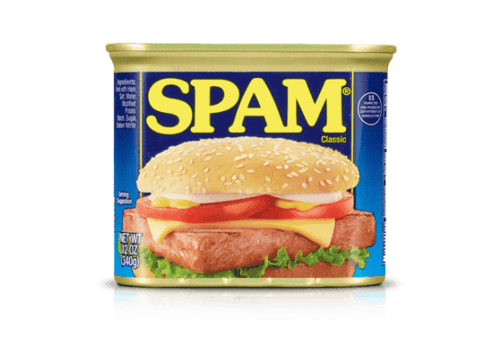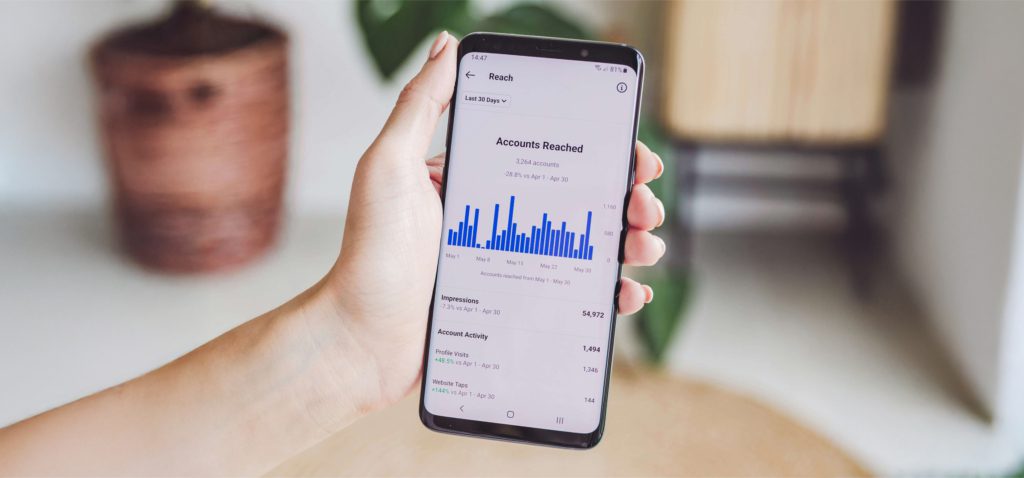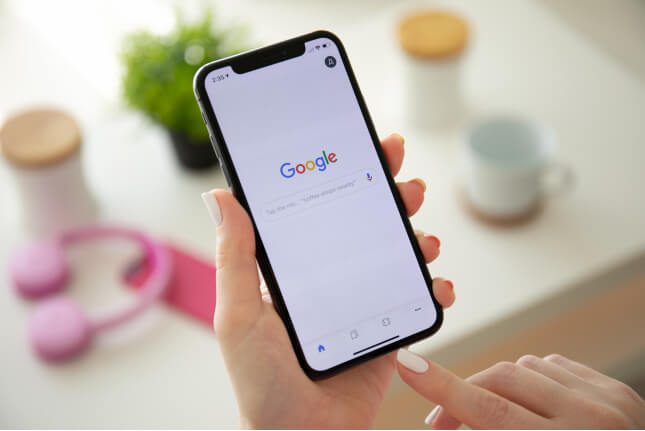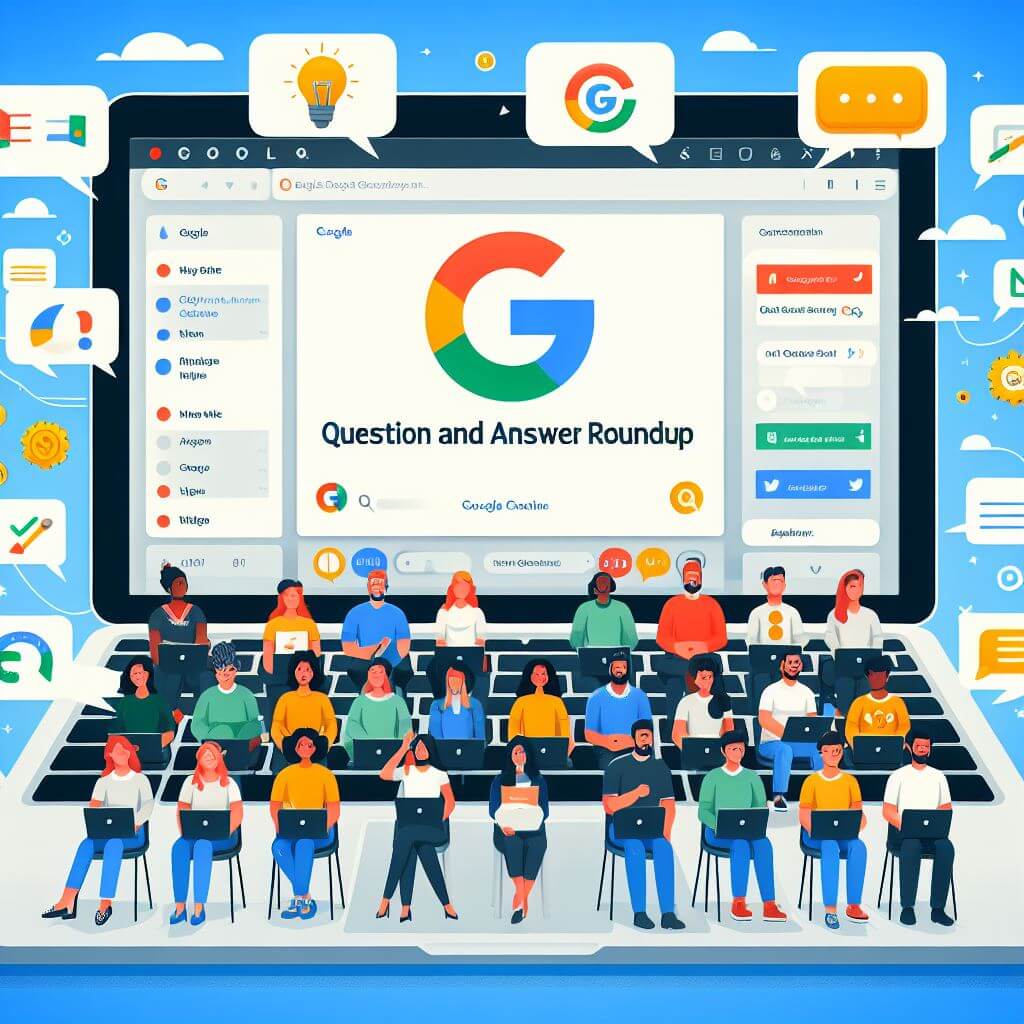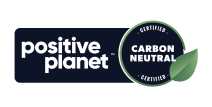Google’s most recent major updates in a nutshell
- Google launched two global updates to improve the quality of results
- These caused site-wide drops in search visibility
- Poor-quality content and toxic backlink profiles are the two triggers
- Sites may not recover without remedial work
‘Useful content’ update issues site-wide penalty for low-value copy
The first update, which was rolled out globally between December 2022 and January 2023, was designed to effectively detect websites with content which had been built purely to please search engines – but provided little value to readers.
Websites that leverage content purely for SEO benefit, where no true value is delivered to the end-user, saw a site-wide devaluation in search visibility through reduced rankings across all pages and keywords.
In other words, if a website has a number of pages with this style of content, this update from Google resulted in the entire website being penalised. This means the useful content update is effectively an algorithmic penalty, punishing websites, rather than just filtering out bad results on a query-by-query basis.
So what does this mean for the future? In our opinion, it’s no coincidence that Google’s decision to penalise an entire site for offering poor-value content was actioned just weeks after the release of ChatGPT – an AI tool which can automatically generate content en masse.
It would appear that Google has fired a warning shot to companies who have decided to use AI content tools as an excuse to fire their content team and roll out robot content instead. Ultimately, this content alone can’t deliver the same level of value as human-curated copy, and it feels like Google has delivered a pre-emptive strike on future, bulk-AI-generated content.

If you’re worried you might be hosting content that isn’t adding value to your user experience, then now is the time to take stock and develop a more robust content strategy. Otherwise, you run the risk of having your site penalised further in the future when Google revisits this update.
‘Link spam’ update forces sites to audit their backlink profiles
The second update, which was rolled out in parallel to the first, saw Google explicitly target link spam for the second time in two years.
Search engines like Google rely on links between sites as an indicator of quality. That’s because on-page factors are not enough to determine how trustworthy a website is.
Therefore, link signals remain the determining factor for where a site will sit in search engine results once all technical and on-page factors have been improved as much as possible.
Given the importance of links in search, it shouldn’t come as a surprise that there are still those out there selling bulk links (of questionable quality) to those looking for a shortcut to the top of the search results. It’s these links, and these practices, that Google is most concerned with tackling.

Google has previously penalised sites with dubious backlink profiles and forced webmasters to clean them up ‘manually’ to regain rankings. This involves auditing backlink profiles and ‘disavowing’ toxic links using the special tool Google provides through Search Console.
However, according to Google, this latest update will remove any SEO boosts which have come about via dubious backlinks and suggests there is no real action to take if you find rankings have declined as a result.
Often, what Google doesn’t say is more telling, so expect advances in link spam detection (through continued developments in Google’s AI SpamBrain) that will see the roll out of new “manual” penalties to sites appearing to buy or sell links.
Be prepared to thoroughly audit your backlink profile with a view to disavowing link spam if you’ve seen rankings decline, or if you’re not sure what your agency has been doing month to month. And of course, look to develop a better, long term link building strategy, even if you’ve not seen a drop in rankings.
Need help following Google’s updates?
If your results have taken a hit after the latest Google updates, get in touch to see how we can help.
Alternatively, secure your spot at one of Skittle Digital’s Free Acquisitions Workshops, where you can chat with our experienced marketing experts and receive a tailored action plan, designed to address any concerns you may have and take your strategy to new heights.
